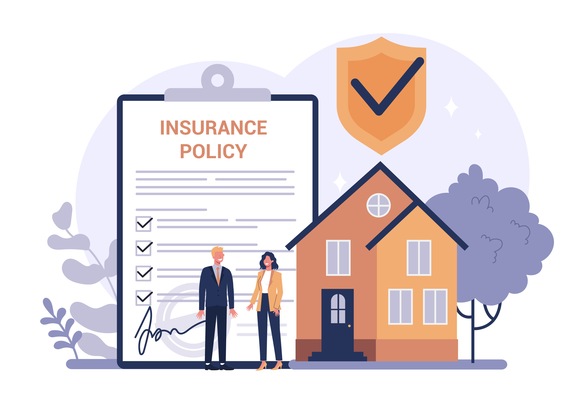
Like most homeowners, you probably pay for your homeowner’s insurance using an escrow fund managed by your mortgage company.
This common approach ensures that your homeowner’s insurance gets paid every year and allows you to spread out the cost of your policy via an affordable monthly payment. The fact that your monthly payment is included in your mortgage makes it even more convenient.
There’s one downside, however: over time, you may completely forget about your homeowner’s insurance policy — and how much it’s costing you. This can cause you to overpay for insurance or lead to coverage shortfalls that could put you in a tight spot should you ever need to make a claim.
With that in mind, here are four reasons you should consider reviewing your homeowner’s insurance policy going into 2023.
Over the last few years, homeowners insurance in Tallahassee (and everywhere, for that matter) has been on the rise due to several factors, including inflation, rising home costs, and other variables outside your control.
Insurance companies in Tallahassee, Florida, and throughout the Sunshine State have seen a particularly sharp rise in rates stemming from several major storms that have battered the region. Some insurance companies are pulling out of Florida altogether, while others are bumping up customers’ rates, even if they haven’t filed a claim.
Even if you’re happy with your current rates, you may not have enough coverage to protect yourself in the event of a major or total loss. Home values have jumped significantly in the past few years. If you’ve had your policy for a while, your coverage limits might be outdated.
If you’re unsure how much coverage you need, consult an experienced insurance company. They’ll be able to analyze home values in your area and estimate the value of your house. If your coverage is lower than your home’s estimated value, it may be time to up it.
If you have an inground pool, fence, or shed loaded with expensive equipment, you’ll want to make sure these items are covered on your homeowner’s insurance policy. If they’re not and a catastrophic event damages them, you'll be stuck covering the costs yourself.
Keep in mind that you don’t have to insure all of these items. Still, it’s important to know which items are covered and which aren’t in case you ever need to file a claim.
Remodeling your home or adding to it can boost its value. Completing an addition will notably impact home value, as total square footage and the number of rooms are two primary factors used to assess a home’s worth.
Simple things like painting your house or replacing the flooring in a single room probably won’t increase your home’s value much, if at all, but a complete kitchen or bathroom remodel will. With that in mind, consider reviewing your homeowner’s insurance anytime you add on to a home or complete a significant remodel.
As you prepare for the new year, take a closer look at your homeowner’s insurance policy. Verify that you have enough coverage and gather a few quotes from other companies. You might be able to save yourself a bundle.
The above description(s) provide(s) a brief overview of the terms and phrases used within the insurance industry. These definitions are not applicable in all states or for all insurance and financial products. This is not an insurance contract. Other terms, conditions and exclusions apply. Please read your official policy for full details about coverages. These definitions do not alter or modify the terms of any insurance contract. If there is any conflict between these definitions and the provisions of the applicable insurance policy, the terms of the policy control.